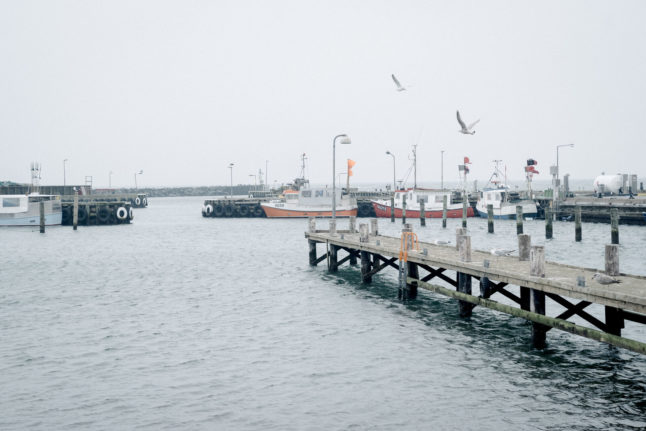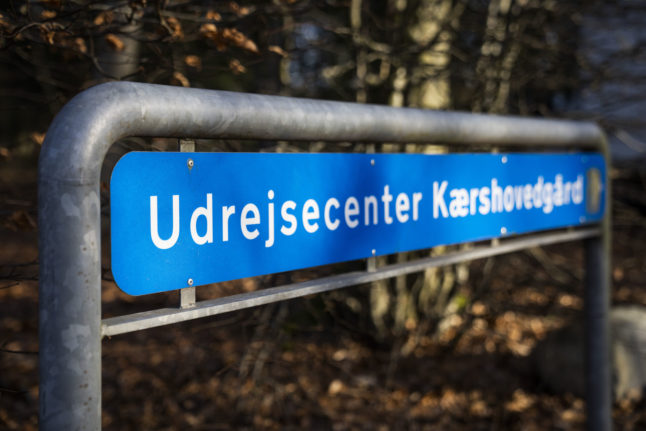Citizenship
Normally, you must have lived in Denmark for nine consecutive years (without living elsewhere for more than three months) in order to qualify for Danish citizenship.
This period is reduced in some cases. Examples of this are for refugees, who can apply after eight years; people married to Danes qualify after 6-8 years; while citizens of Nordic countries only need a two-year stay.
There’s also a language test and a citizenship test which must be passed before you can attain eligibility for naturalisation.
Several European countries have longer basic residence requirements, including Switzerland, Austria, Italy and Spain (all ten years). Each of these countries, like Denmark, has a language requirement but Italy and Austria do not permit dual nationality, something Denmark has allowed since 2015.
An area in which Denmark sets itself aside on citizenship is the citizenship test. The oft-criticised test consists of 45 multiple choice questions, including a five-question section on “Danish values” such as equality, freedom of speech and the relation between legislation and religion.
The pass mark is 36/45 and at least four of the five Danish values questions must be answered correctly.
READ ALSO: Which European countries have the toughest rules for gaining citizenship?
Asylum and refugees
Denmark made a name for itself in February 2016 when it introduced a law permitting police to confiscate jewellery, cash and other valuables with a value above 10,000 kroner from arriving migrants and asylum seekers.
That law, which was reported on by major international media, was unique to Denmark. The government argued it would help pay for the costs of taking in refugees, but as of 2022 it had only been used 17 times in 6 years.
With its 2019 “paradigm shift” on immigration, Denmark took a perhaps less symbolic but more substantial step on asylum.
The policy shift, marked by a bill that was passed in parliament and still pursued by the current government, means that all laws passed on asylum are done so with a view to sending refugees home at some later time when their home country is deemed “safe”: in other words, all refugees are considered to have temporary status in Denmark.
The policy has led to a series of controversial rulings by immigration authorities to revoke the refugee status of people from the Damascus area of Syria. Many individual cases were reported by Danish media and a significant number of the decisions have been reversed.
Denmark continues to take in one of Europe’s lowest numbers of refugees, meanwhile, and Prime Minister Mette Frederiksen has said the country’s target should be to accept no asylum seekers at all.
Family reunification
The Danish government last week said it would ease rules so that Danish nationals moving back home after spells living abroad will face fewer obstacles if they have foreign spouses and children.
The decision came after scores of reports in Danish newspapers, notably Politiken and Ekstra Bladet, told of absurd individual cases. Some of these cases involved a refusal of family reunification claims because the Danish partner – born, raised and schooled in Denmark – failed to meet a Danish language requirement despite Danish being their mother tongue.
READ ALSO: Danish family reunification rules panned in report as Danes fail language test
While that rule will now be tweaked, other strict demands remain in place for Danish-foreign couples hoping to set up home in Denmark.
The controversial “bank guarantee” in which couples must deposit a large lump sum with authorities, is yet to be adjusted despite the coalition government stating an intention to do so after taking office last year.
Another one of the myriad rules on family reunification is the 24-year-rule, preventing couples from seeking family reunification until they reach that age. The Local has previously spoken to a couple who have fallen afoul of this rule.
Work permits
Denmark has eased its work permit rules to an extent since the current centrist coalition government was elected a year ago.
This includes permanently reducing the minimum wage requirement to be granted a work permit under its Pay Limit Scheme, and a recent decision to allow foreigners working for subsidiaries of Danish companies to work in Denmark for short periods without a work or residency permit.
READ ALSO: How have work permit rules been changed in Denmark?
While the government – or parts of it – has shown a willingness to ease its work permit rules in the face of desperate calls for foreign labour from businesses, reports of individual cases continue to paint a picture of zealous implementation of labyrinthine rules which appear to deprive the public and private sectors of well-integrated, qualified workers.
These include people ordered to leave Denmark because, for example, their marriage has ended, because of a mistaken wage calculation by case officers or because authorities simply say they don’t believe an applicant’s wage is genuine, which they are allowed to do under existing work permit rules.
These rejections invariably include short-notice orders to leave Denmark, even if the rejected person has lived in the country for many years and does not have a home anywhere else.



 Please whitelist us to continue reading.
Please whitelist us to continue reading.
Hello,
I would like confirmation regarding Italy dual citizenship, what is the source? Because I have both Italian and French citizenship, from what I gathered countries that didn’t allow multiples citizenships was a thing when the compulsory military service was still in place, which is not mandatory since decades in Italy.
Thank you.